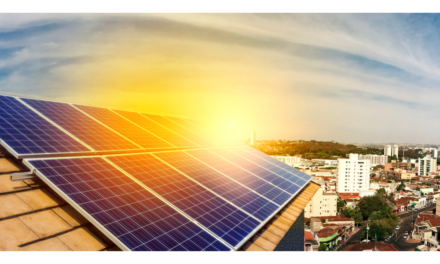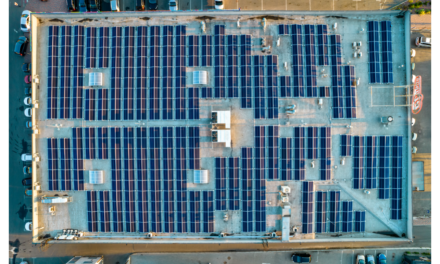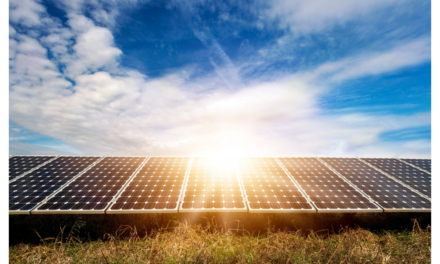- According to Elia, Belgium’s total installed solar power capacity till the end of 2020 exceeded 4.78 GW
- Renewables accounted for over 50% of the country’s electricity consumption on 119 days last year
- Improvement in renewable energy facilities and lower annual load due to COVID-19 restrictions in place last year helped it export slightly more electricity than it imported
Belgium’s electricity transmission system operator Elia says in 2020 the cumulative installed solar PV capacity of the country increased to 4,788 MW, with an addition of 901 MW last year, compared to 3,887 MW registered at the end of 2019. That would be the second best year after Belgium installed once slightly over a 1 GW in 2011 during the height of its feed-in tariff rush.
Only solar power and offshore & onshore wind power generation among renewables accounted for 18.6% of the total electricity generation mix last year equal to 15.1 TWh and reflecting an increase of 31% in absolute terms compared to a year back when it was recorded at 11.5 TWh. In 2020, renewables accounted for over 50% of Belgium’s electricity consumption on 119 days, a record for the country.
In fact, it says renewable generation broke multiple records in 2020; for instance, in May solar power generation was reported as 683 GWh thanks to an increase in installed PV capacity, breaking the last record of 504 GWh in June 2019.
Solar power and wind energy complement each other here as there was relatively high level of solar energy generated in summer and there was higher wind generation during winter.
In comparison, nuclear power generation accounted for 39.1% of the country’s electricity needs, declining from 48.7% in 2019. Overall, the increase in renewable energy and lower annual load due to the COVID-19 impact in demand last year resulted in Belgium being able to export slightly more electricity than it imported. “Historically, electricity import levels have been at their highest in years when nuclear generation was lower, but 2020 was somewhat unusual in this respect, with low nuclear generation but no net imports,” explained Elia.















